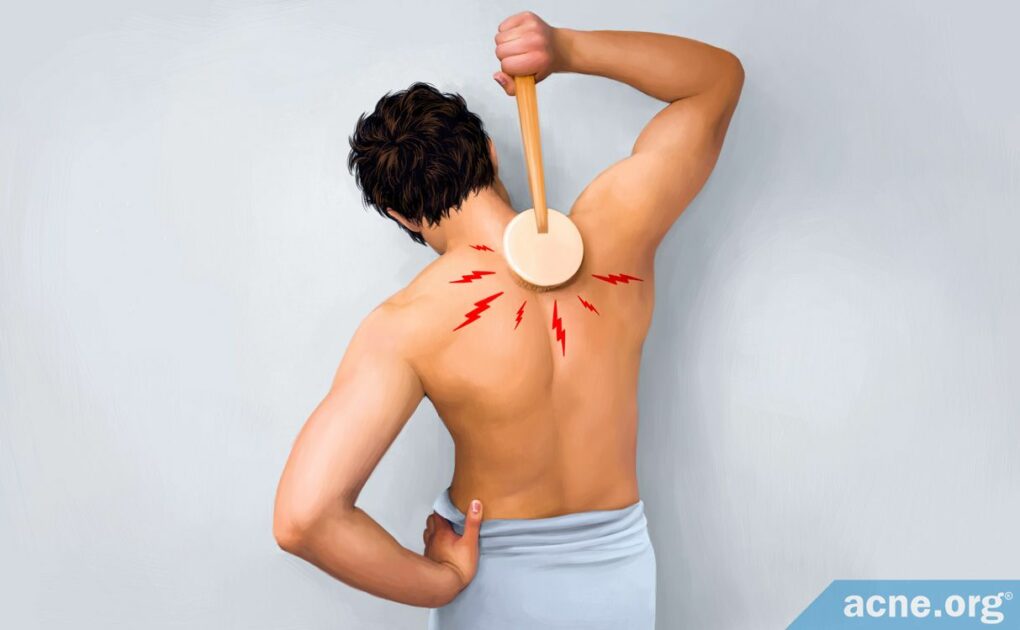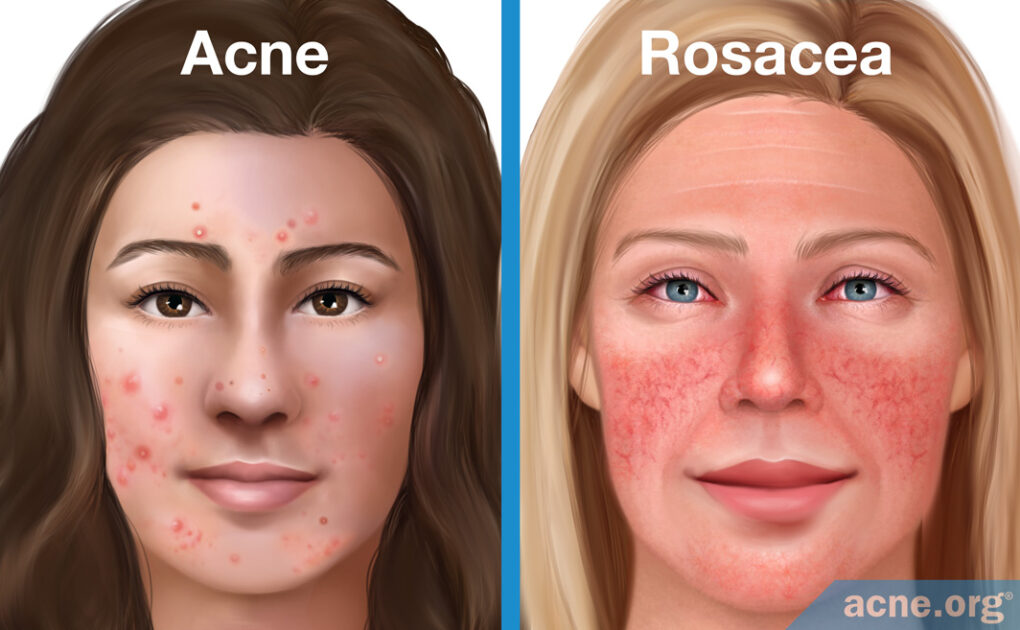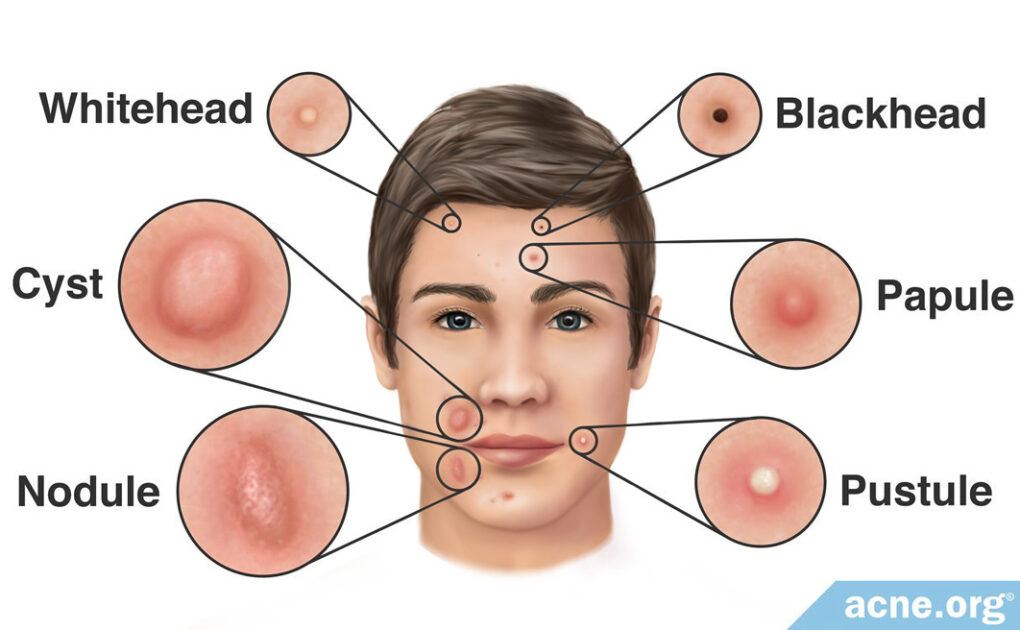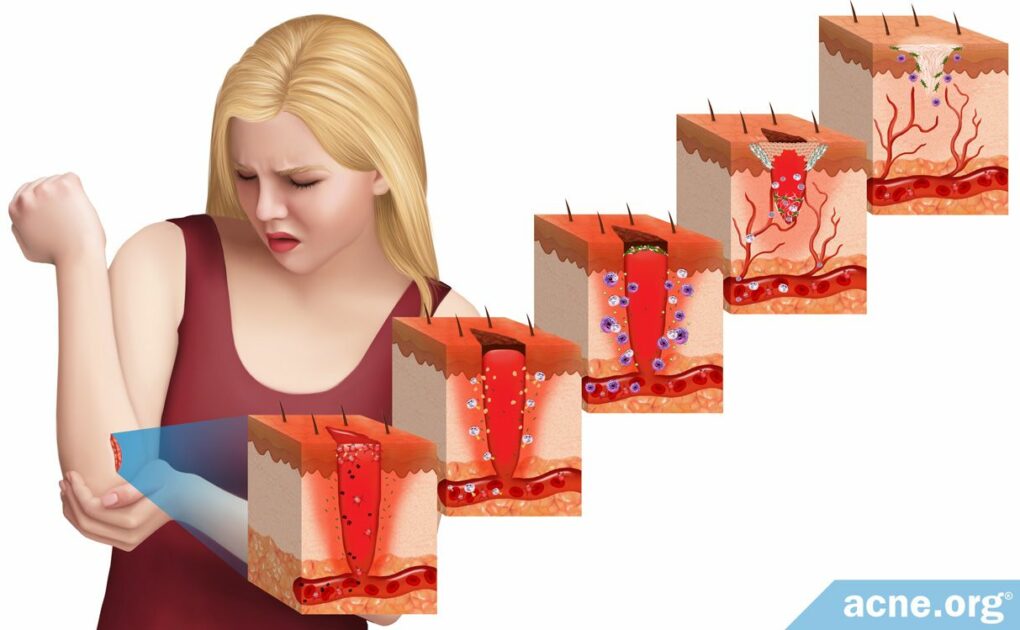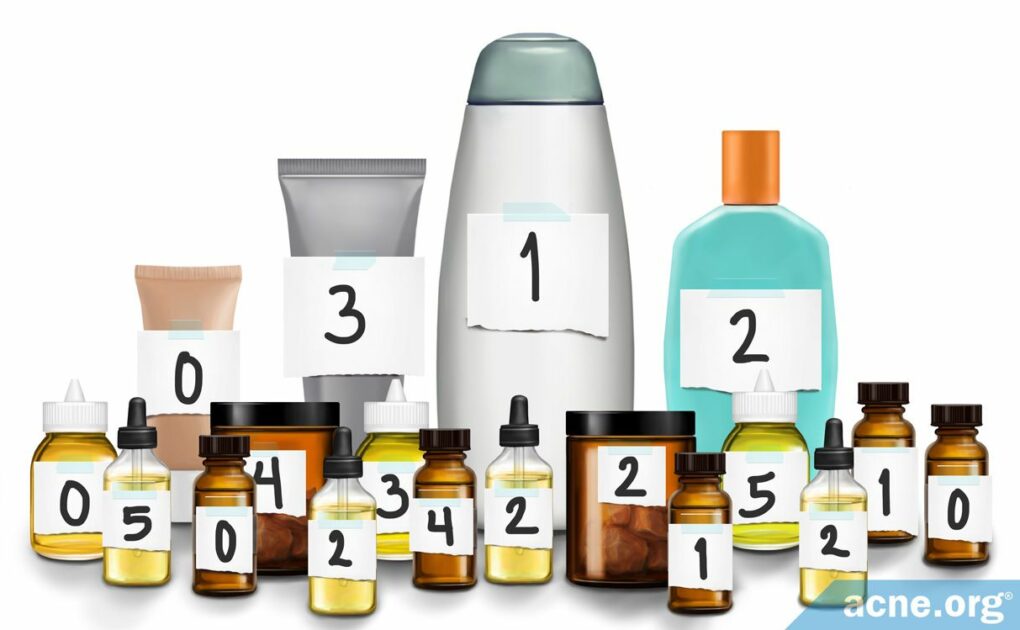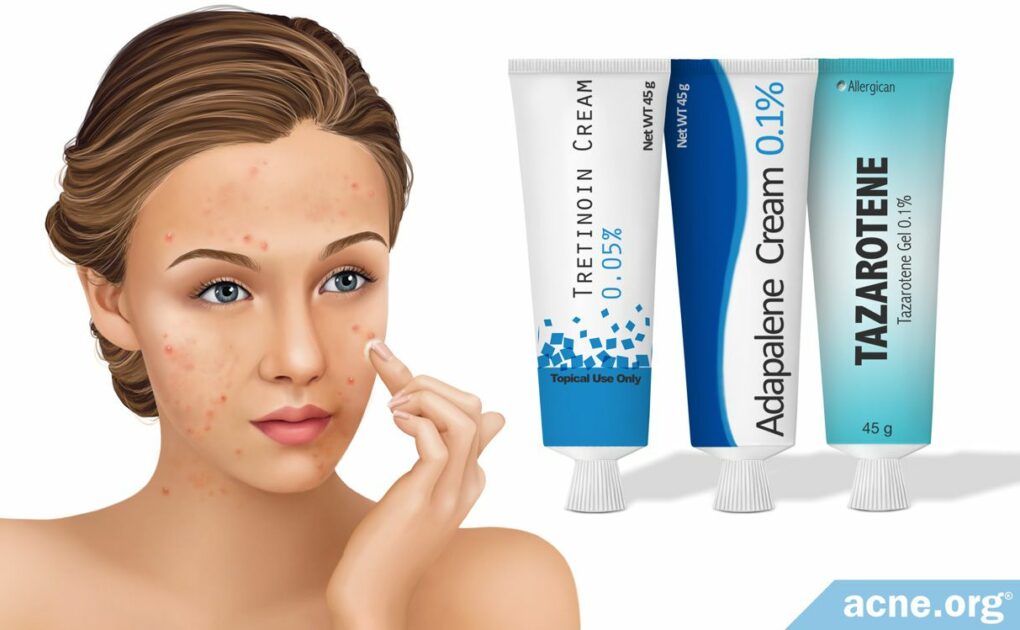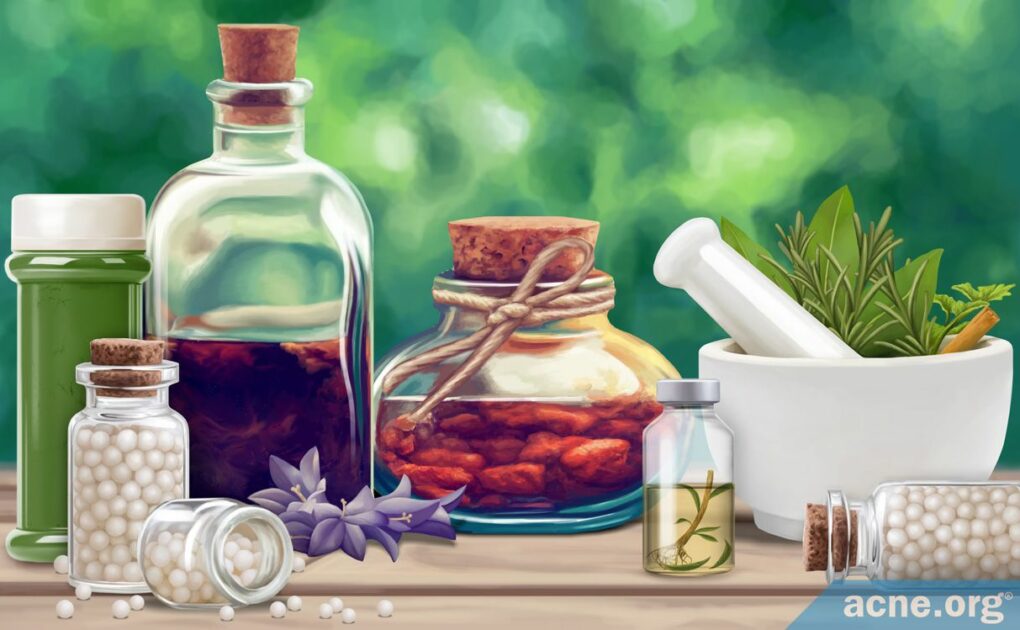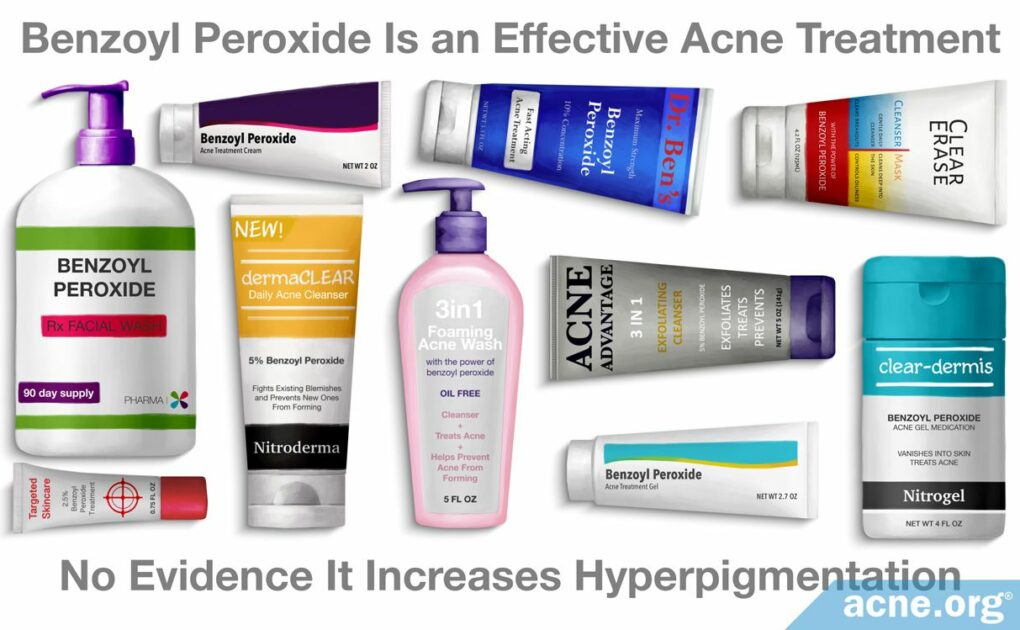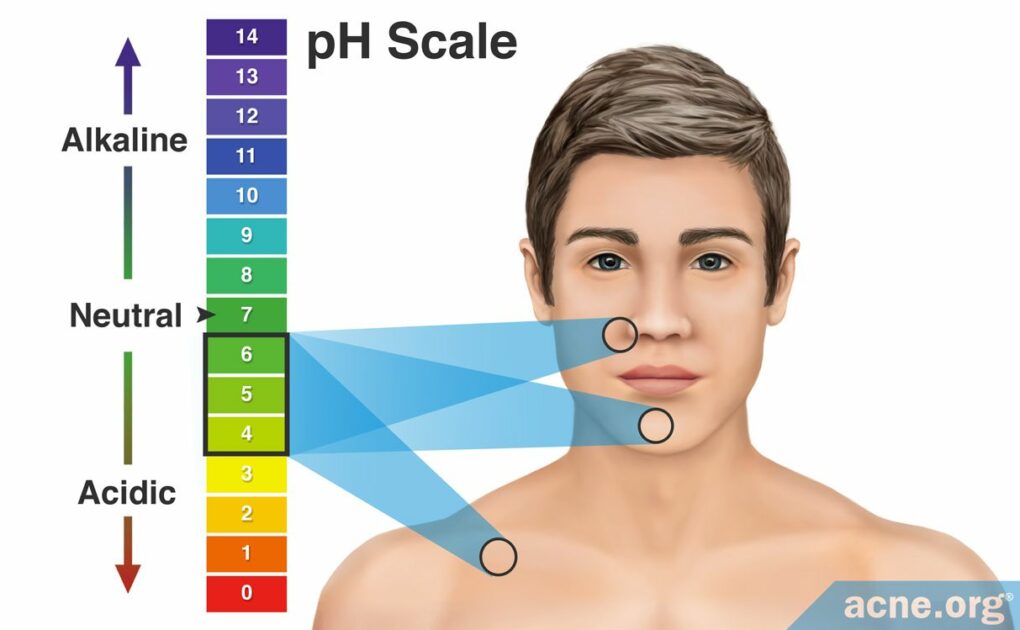How You Wash Your Body Might Be Making Your Body Acne Worse
Scrubbing Your Body Can Lead to More Body Acne. Use Only Your Bare Hands and Gently Wash Each Part of Your Body For Only A Few Seconds. The Essential Info It is so well known that harshly scrubbing the skin of the face or body can lead to acne that it has an official medical …
 Acne.org Products
Acne.org Products